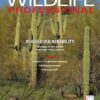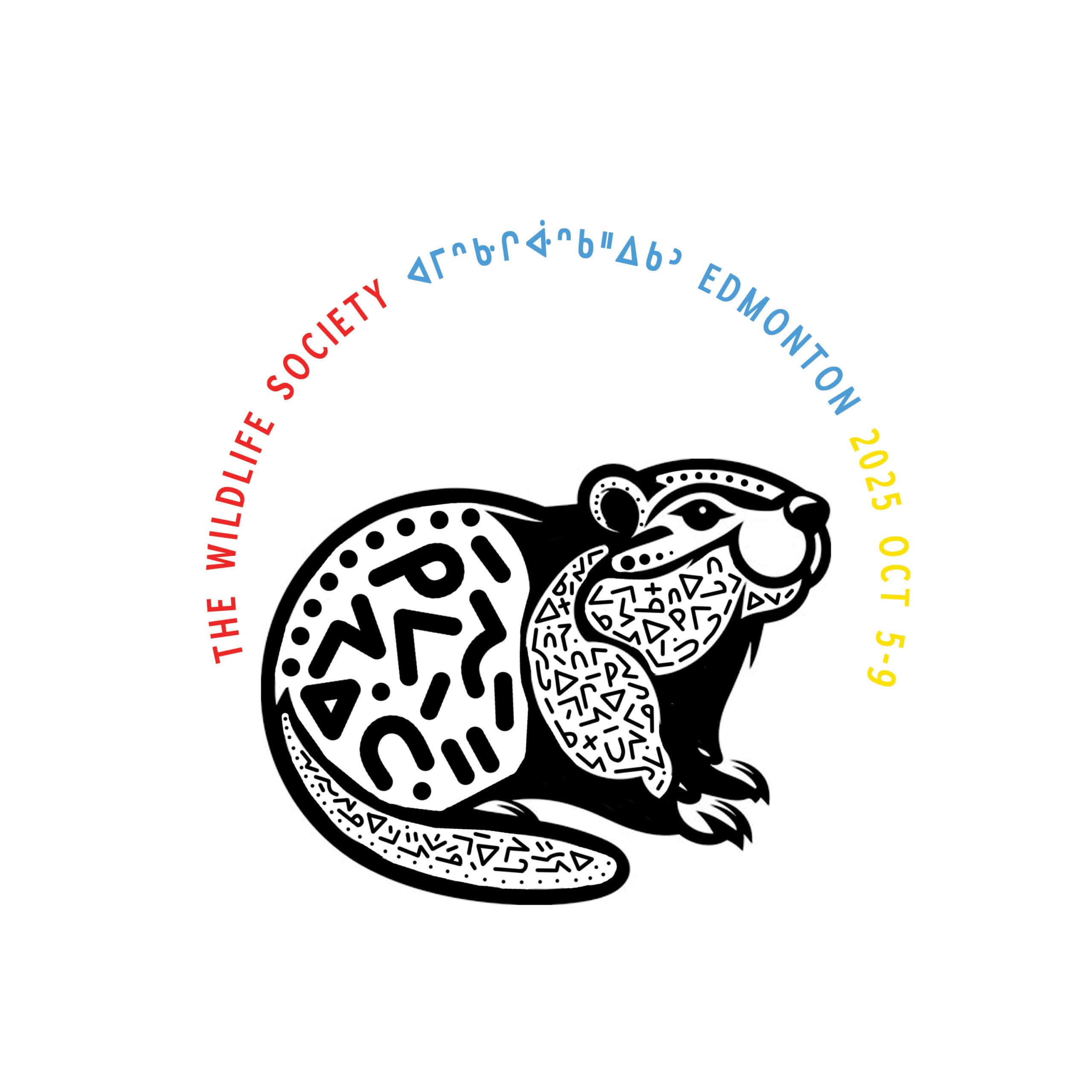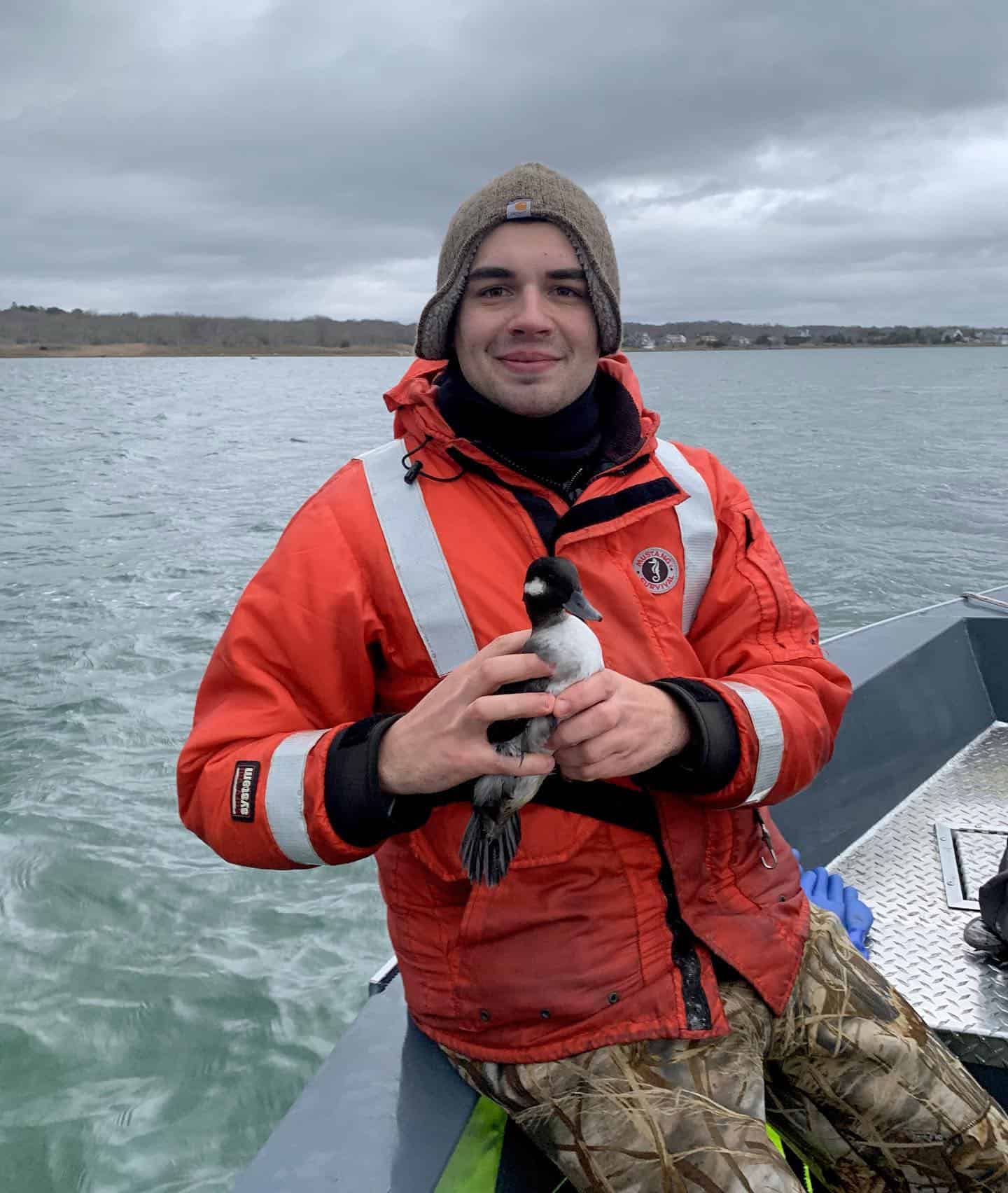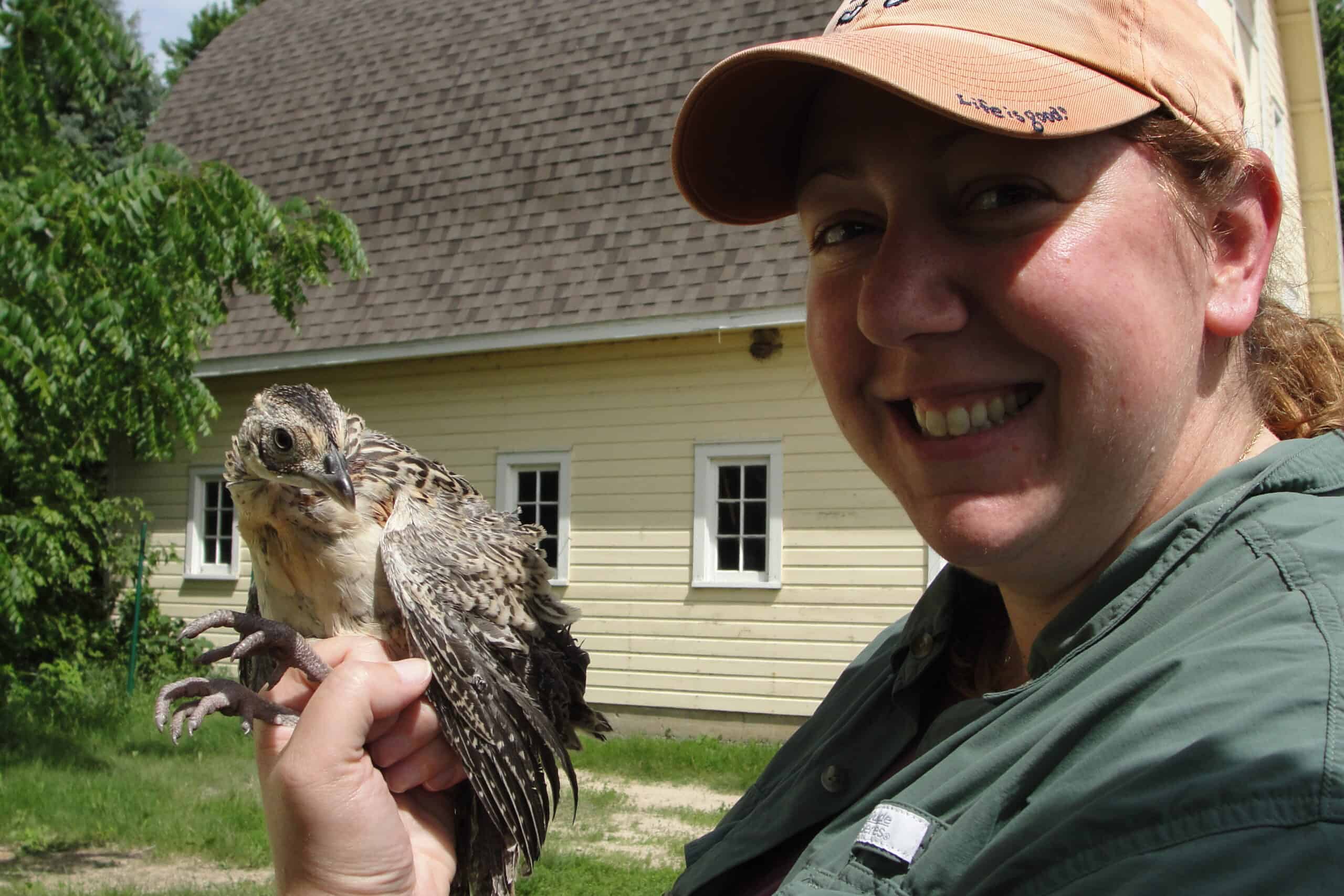Share this article
Wildlife Vocalizations: Colby Slezak
Slezak has hopes that the wildlife profession improves equitable pay and practices
Wildlife Vocalizations is a collection of short personal perspectives from people in the field of wildlife sciences.
In the next 10 years, I hope we can attain more equitable pay for those entering the wildlife profession.
Although many of us enter this field because we are passionate about conservation, wildlife and the places they inhabit, we still deserve—and should expect—a living wage. Many capable young professionals are unable to enter the wildlife field or end up switching careers because they can’t afford to make ends meet on current stipends or hourly wages.

With inflation at an all-time high, the stagnant wages of many wildlife positions can no longer support necessities of life. Without supplemental financial backing, or the ability to make significant financial sacrifices, many cannot remain in the field long enough to secure more permanent roles.

Unfortunately, this may limit diversity and create work environments where employees feel overburdened and under-appreciated. During the next decade, I hope wildlife administrators and policymakers carefully consider how much is set aside for us—the people on the front lines implementing wildlife conservation.
I encourage all of us to contact our state senators and push for legislation like the Recovering America’s Wildlife Act that could set aside monies specifically for wildlife conservation. Without major change, I think hiring agencies will struggle to recruit and retain the next generation of highly qualified wildlife professionals. This, of course, compromises the very reason we entered this field in the first place—the wildlife. Although there is something to be said for those of us who have “done our time,” we can do better. As leaders in this field, we can make change.
Learn more about Wildlife Vocalizations, and read other contributions.
Submit your story for Wildlife Vocalizations or nominate your peers and colleagues to encourage them to share their story.
Header Image: Colby Slezak poses with a banded bufflehead (Bucephala albeola)in December 2022. Courtesy of Elizabeth Bonczek








